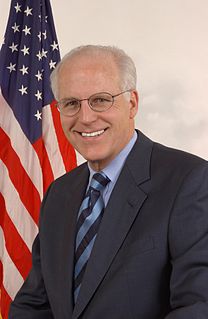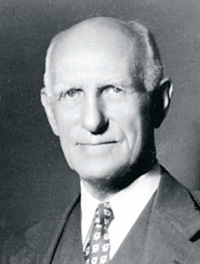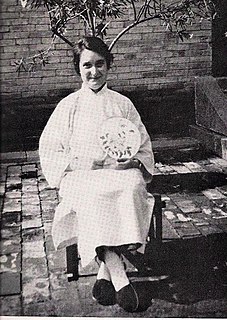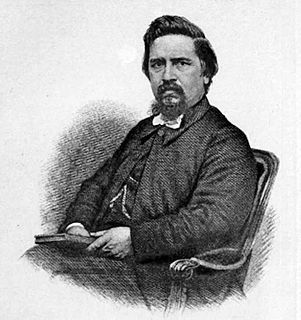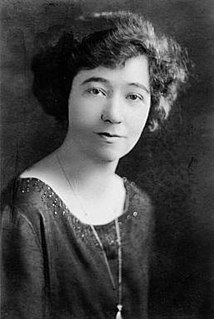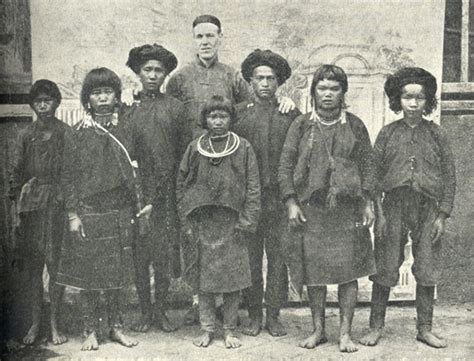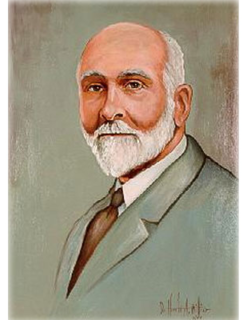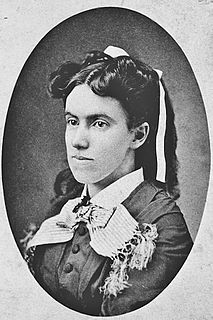A Quote by Mildred Cable
History more often records the brilliant successes and spectacular defeats of contending forces than the effect of war on the common people.
Related Quotes
Failures are much more dramatic than successes, and people like drama. I think this is why automobile races draw such crowds. People expect spectacular crashes, which we tend to find more interesting than cars just racing around the track. The same is true of bridges, buildings, or any structure or machine.
Libertarians have always battled the age-old scourge of war. They understood that war brought death and destruction on a grand scale, disrupted family and economic life, and put more power in the hands of the ruling class - which might explain why the rulers did not always share the popular sentiment for peace. Free men and women, of course, have often had to defend their own societies against foreign threats; but throughout history, war has usually been the common enemy of peaceful, productive people on all sides of the conflict.
We normally think of history as one catastrophe after another, war followed by war, outrage by outrage - almost as if history were nothing more than all the narratives of human pain, assembled in sequence. And surely this is, often enough, an adequate description. But history is also the narratives of grace, the recountings of those blessed and inexplicable moments when someone did something for someone else, saved a life, bestowed a gift, gave something beyond what was required by circumstance.
But I do say that educated and scholarly men, if they’re brilliant and creative to begin with—which, unfortunately, is rarely the case—tend to leave infinitely more valuable records behind them than men do who are merely brilliant and creative. They tend to express themselves more clearly, and they usually have a passion for following their thoughts through to the end.
The intelligence community is so vast that more people have top secret clearance than live in Washington. The U.S. will spend more on the war in Afghanistan this year, adjusting for inflation, than we spent on the Revolutionary War, the War of 1812, the Mexican-American War, the Civil War and the Spanish-American War combined.
If success were easy, then it would not necessarily be true success. Some of history's most successful people learned to cope with failure as a natural offshoot of the experimental and creative process and often learned more from their failures than their successes. By taking the attitude that failure is merely a detour on the way to our destination, hope can blossom into success.
The casualties in the Civil War amount to more than all other wars - all other American wars combined. More people died in that war than World War II, World War I, Vietnam, etc. And that was a war for white supremacy. It was a war to erect a state in which the basis of it was the enslavement of black people.
When the history of the 20th century is finally written, one of its key features will be the wanton slaughter of more than 170 million people, not in war, but by their own government. The governments that led in this slaughter are the former USSR (65 million) and the Peoples Republic of China (35-40 million). The point to remember is that these governments were the idols of America's leftists. Part of the reason for these and other tyrannical successes was because the people were first disarmed.











